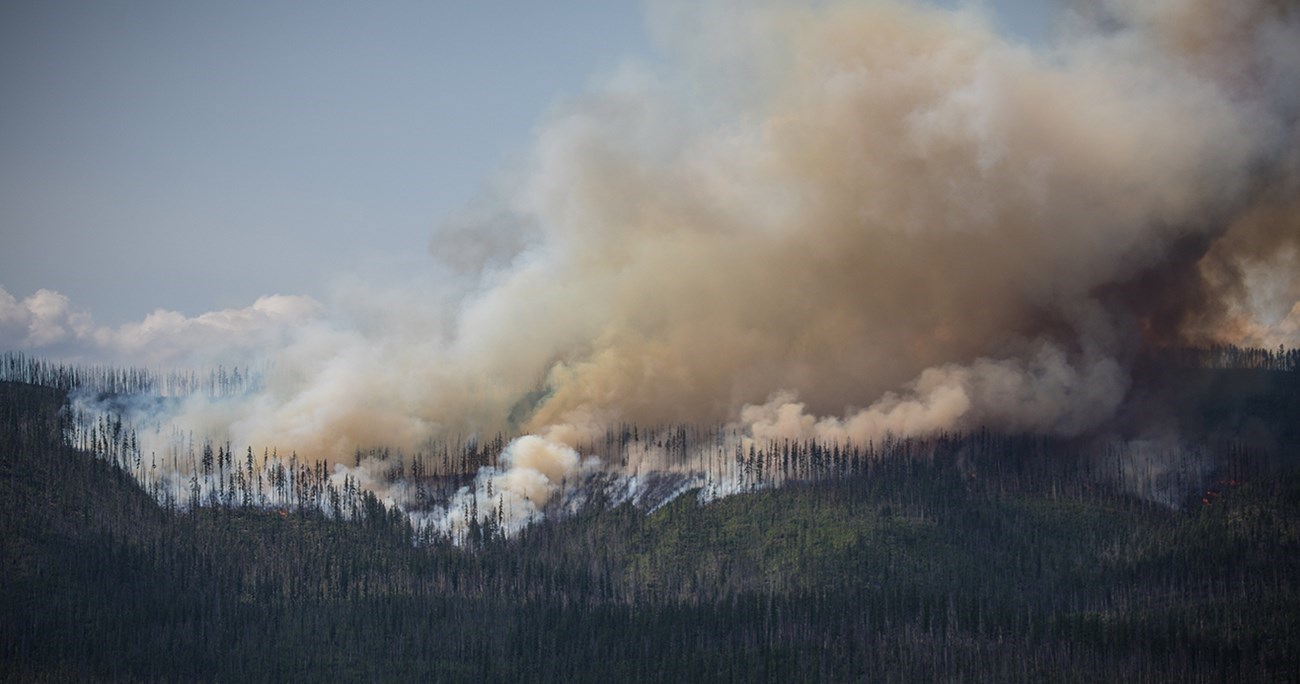Last updated: October 15, 2024
Article
Project Profile: Develop and Incorporate Climate Change Vulnerability Assessments for Nationwide Fire Planning

NPS Photo
Inflation Reduction Act
Resilience | FY23-27 $2,449,813
The National Park Service will harness existing data and tools to lead park managers in applying the latest climate science to practical fire planning and management actions. This project’s comprehensive approach will: 1) outline common fire planning and management decisions that can be strengthened by climate information, 2) identify the data needed to address these priority decisions, and 3) provide a clear process for managers to access and use the selected climate information and tools. To prioritize areas with the greatest potential for adverse impacts from fire events, the effort will focus on parks in Alaska, the western U.S., and the southeastern U.S. The climate-fire tools and resources developed will help managers make informed decisions and take actions that enable parks to adapt to current and future conditions.
Why? Wildfires in our changing climate are triggering transformative changes in ecosystems and complicating the ability of parks to manage wildfire effectively. These wildfires have significant adverse impacts on park resources, infrastructure, and visitor experiences, making it essential to proactively address the challenges of climate-related changes and to better plan and prepare for future fire conditions.
What Else? The resources developed by the project will be valuable for park-level fire management planning and decision-making, including assessing park vulnerability to changing climate and fire conditions and considering potential options for adapting to these changes. The process created to make relevant climate data more accessible to fire managers will be applicable to parks and ecoregions nationwide. This initiative aligns with the NPS's commitment to adapt to the changing climate, enhance resilience, and ensure the protection of park resources and visitor experiences. The project is a collaborative effort including interdisciplinary staff and other partners and agencies, primarily the U.S. Geological Survey, combining scientific data, and local field expertise to address the pressing challenges posed by climate change.
